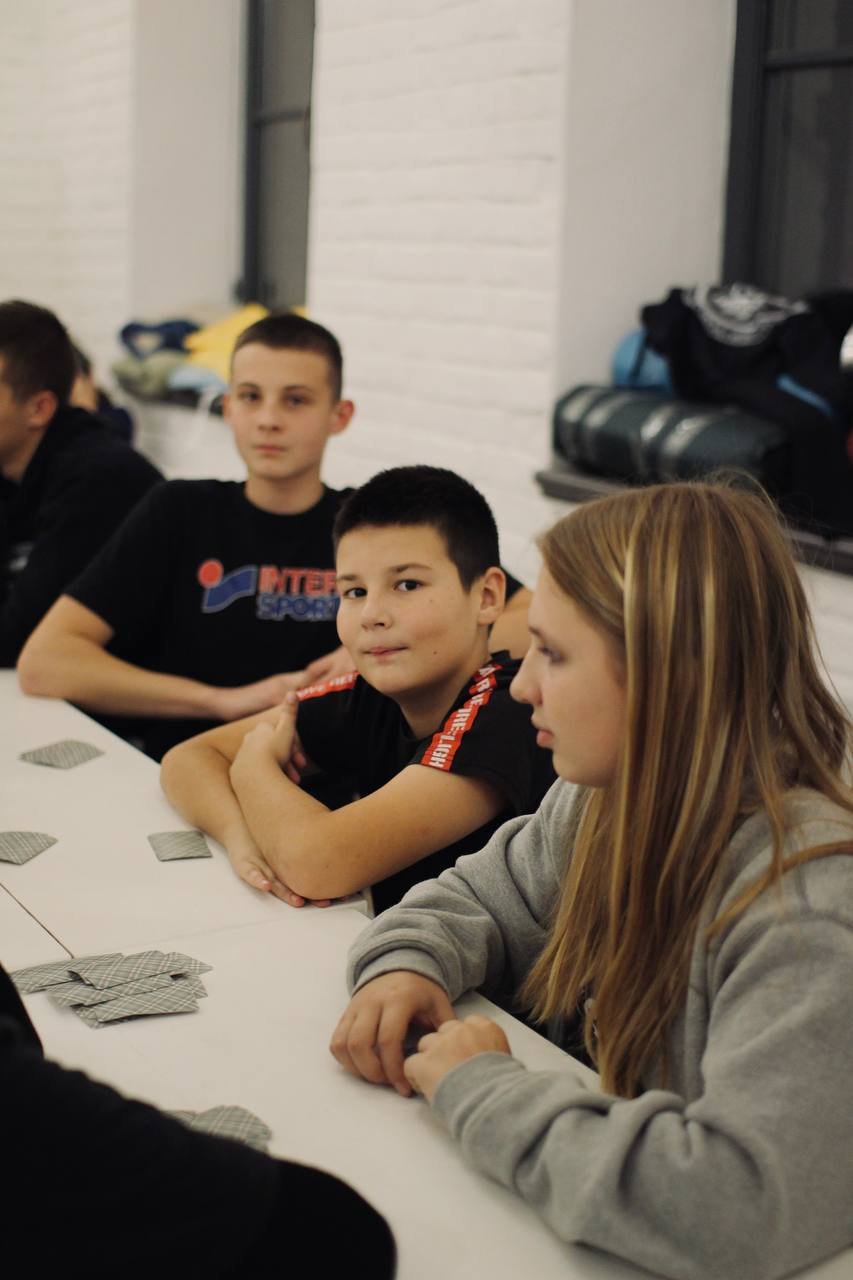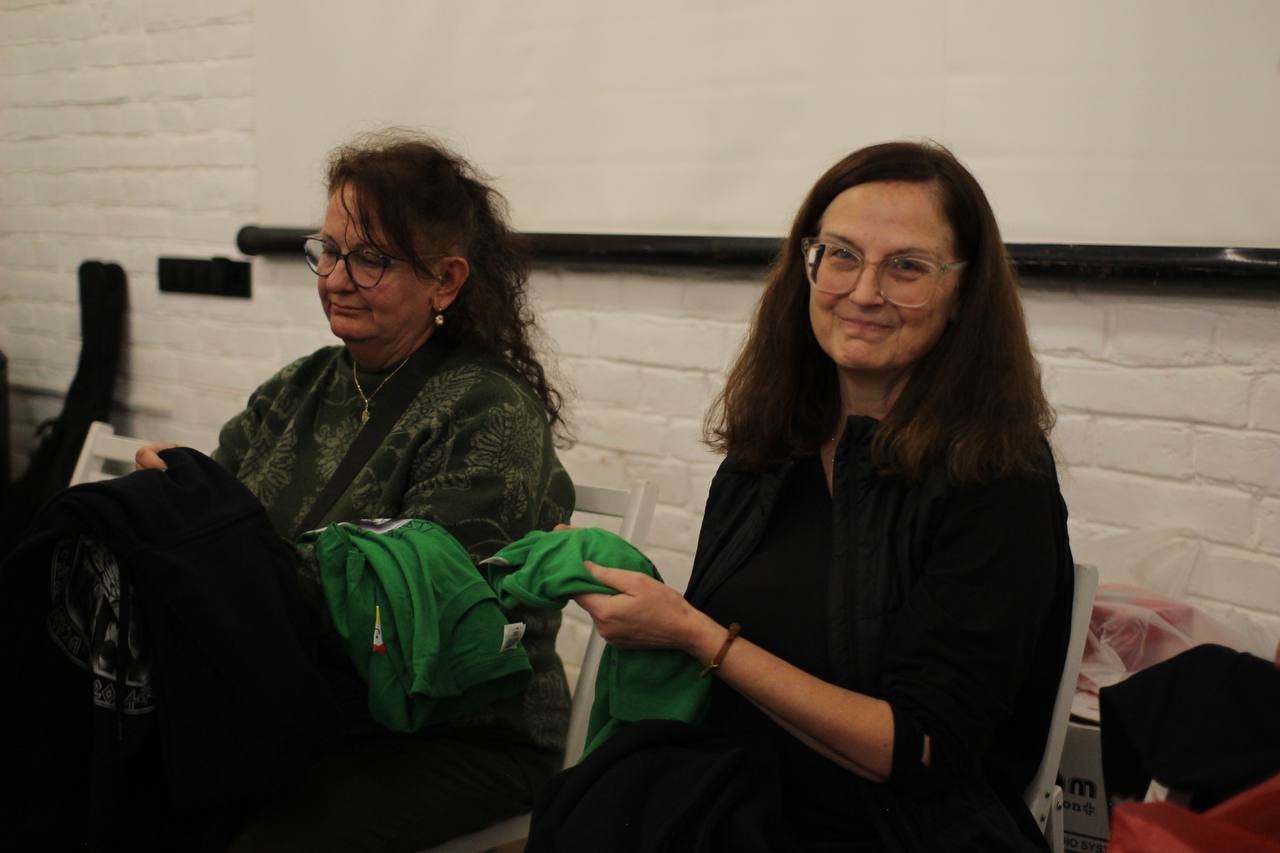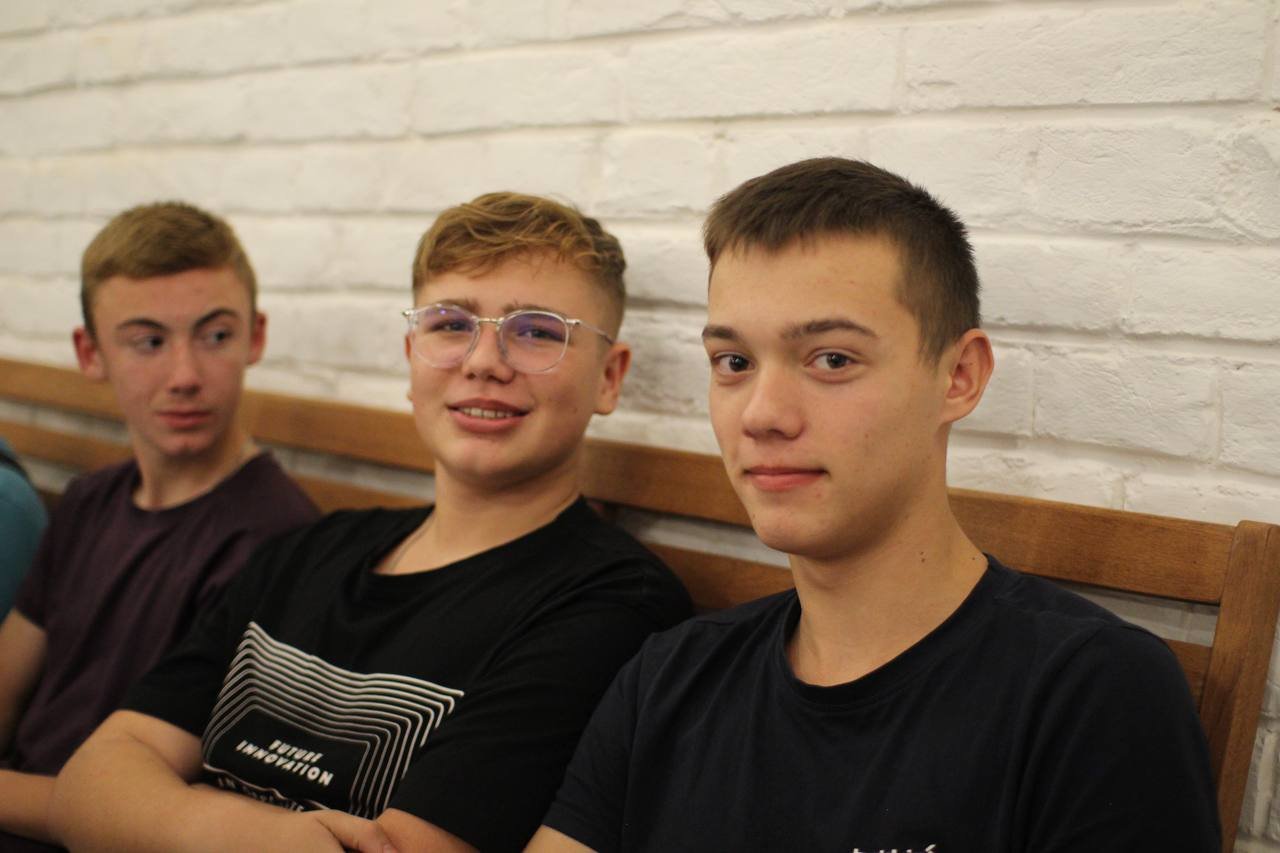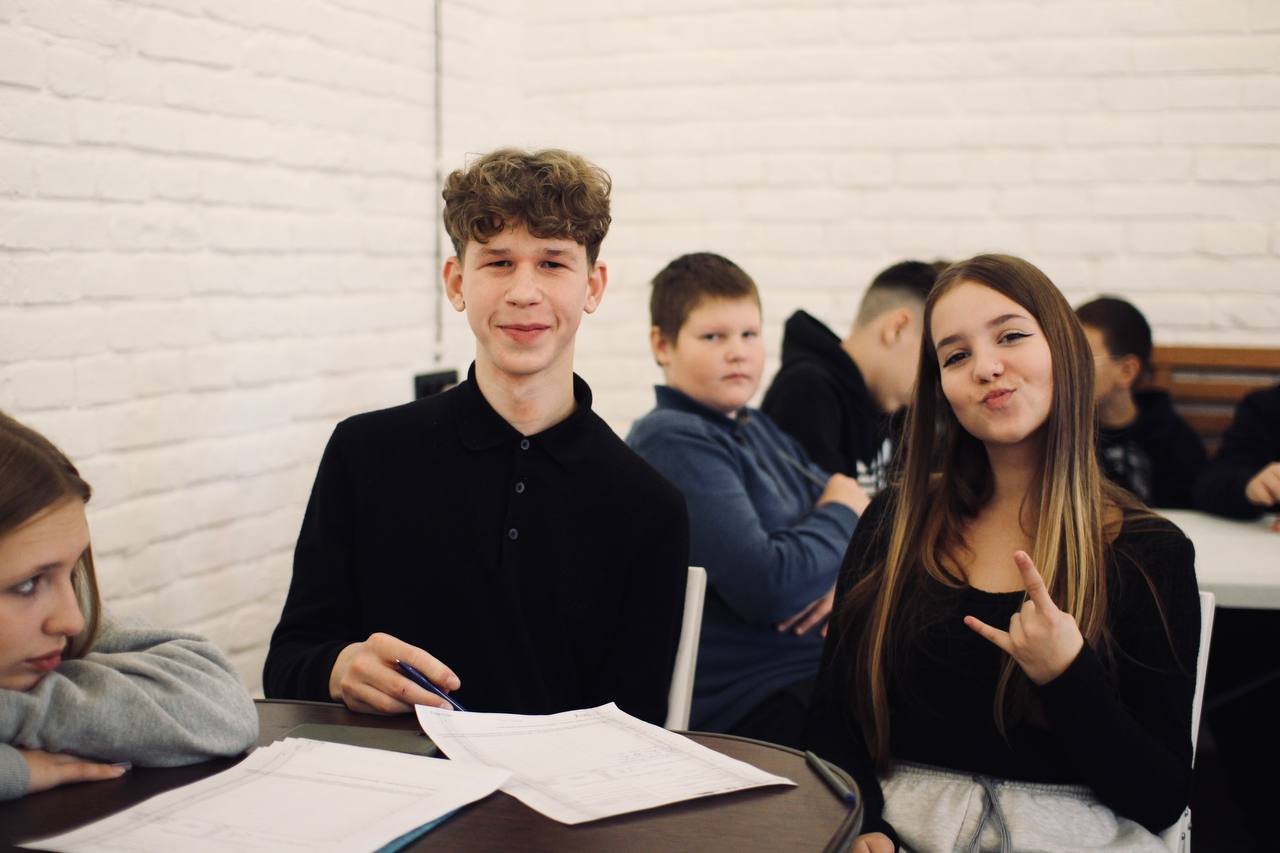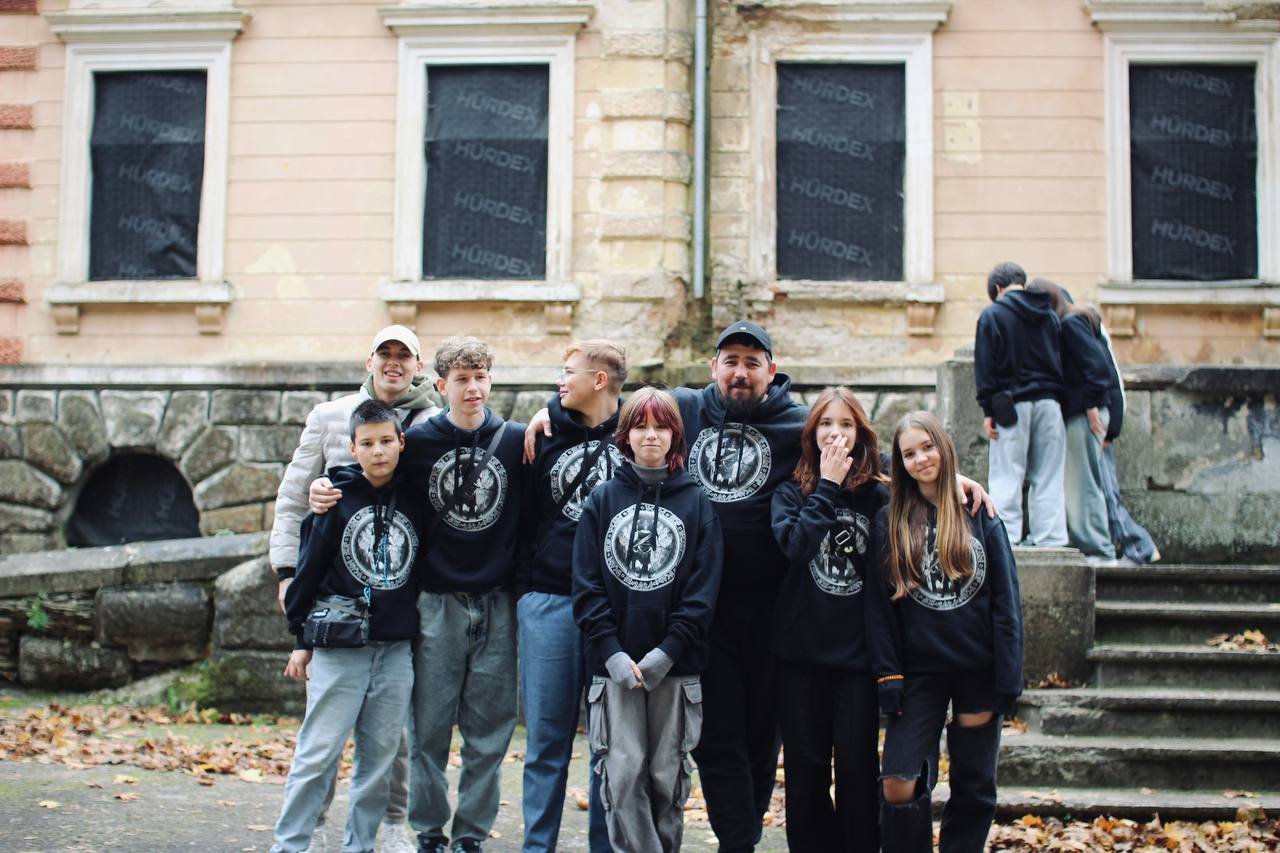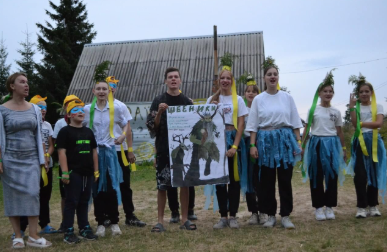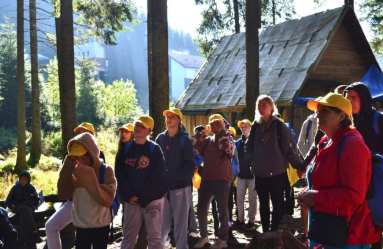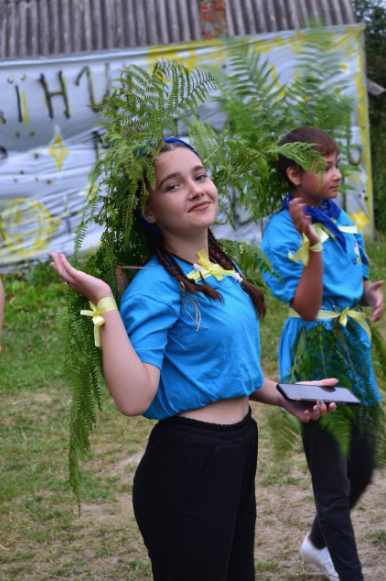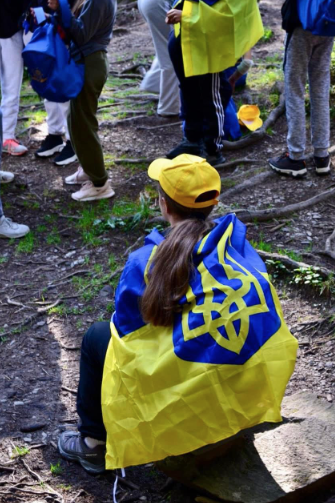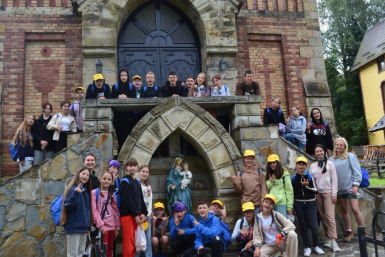Adaptive Programs for Children & Youth of Ukraine
Healing and Empowerment Overview
The ongoing conflict in Ukraine has left many children orphaned, facing profound emotional and psychological challenges.
Adaptive camps have been established to provide a safe haven for these vulnerable children, offering a path to healing and skill development. These camps are designed to help children rebuild their lives, fostering resilience and hope for a brighter future.

CAMP MISSION
1. Emotional Healing: The camps prioritize emotional recovery through a variety of therapeutic activities. Children are given opportunities to express and process their emotions in a supportive environment. Art therapy, music therapy, and talk therapy sessions allow children to communicate their feelings in ways that are comfortable for them. These activities help children address their trauma, paving the way for emotional healing.
2. Skill Development: In addition to emotional support, the camps focus on equipping children with essential life skills. Workshops on cooking, budgeting, and personal hygiene teach practical skills that foster independence and self-sufficiency. Creative activities such as writing, public speaking, and performing arts help children build confidence and express their creativity.
3. Social Integration: Social connections are crucial for healing, and the camps provide a platform for children to interact and form friendships with peers who have faced similar challenges. Team-building activities and peer support groups encourage collaboration, empathy, and mutual understanding, helping children build a supportive community.
4. Physical Well-being: Physical activities play a vital role in psychological recovery and overall health. The camps incorporate sports, outdoor activities, and team games, promoting physical fitness and self-esteem in a fun and supportive environment.
PROGRAM HIGHLIGHTS
Therapeutic Activities: The camps offer a variety of creative workshops, including art and music therapy, to help children articulate their feelings and process their experiences safely and constructively.
Life Skills Training: Practical lessons teach children essential skills for self-sufficiency, such as cooking simple recipes, creating a weekly budget, and maintaining personal hygiene routines.
Sports and Recreation: Daily physical activities, including organized sports, nature walks, and obstacle courses, promote teamwork and camaraderie among campers.
Cultural Relevance: The program incorporates traditional Ukrainian games, folklore, and art to help children maintain their cultural identity and heritage, enhancing their sense of belonging.
Community Engagement: Engaging families and communities is a crucial aspect of the adaptive camps. Even if children are orphans, connecting with surviving family members, relatives, or guardians provides essential support for their journey. Workshops and activities that include family members strengthen relationships and create a network of care that extends beyond the camp experience. Community involvement raises awareness of the children's needs and fosters a culture of support that continues long after the camp has ended.
Monitoring and Evaluation: To ensure the success of the adaptive camps, mechanisms for monitoring and evaluating their impact are essential. Feedback from participants, parents, and facilitators is collected, and psychological and skill development metrics are assessed. This data guides future programs and improves practices, ensuring that camps continue to meet the evolving needs of children affected by war.
Adaptive camps for orphaned children and those who have lost their parents due to the war in Ukraine represent a critical initiative to support their emotional, social, and skill development. Through a comprehensive approach that encompasses healing activities, life skills training, social integration, and physical well-being, these camps can profoundly impact these vulnerable children's lives. By providing them with the tools they need to cope with trauma, foster resilience, and develop new skills, we can help pave the way for a brighter future, nurturing hope and rebuilding lives after the devastation of conflict.
